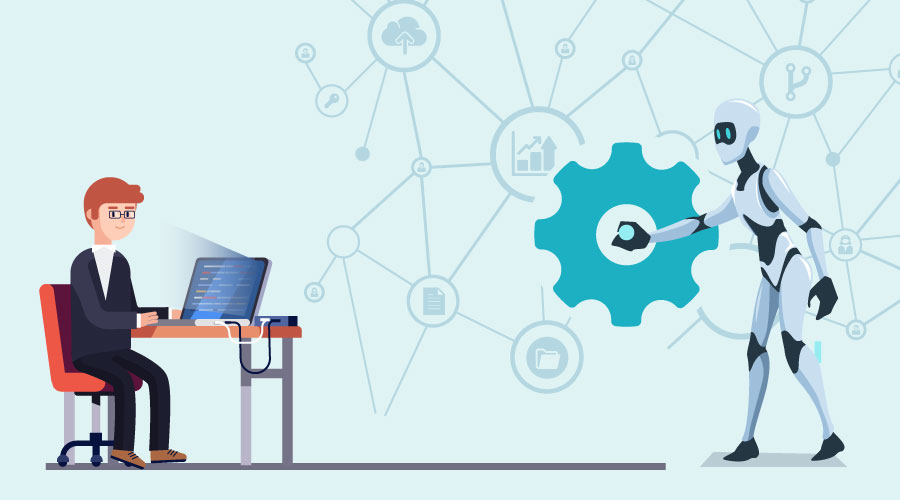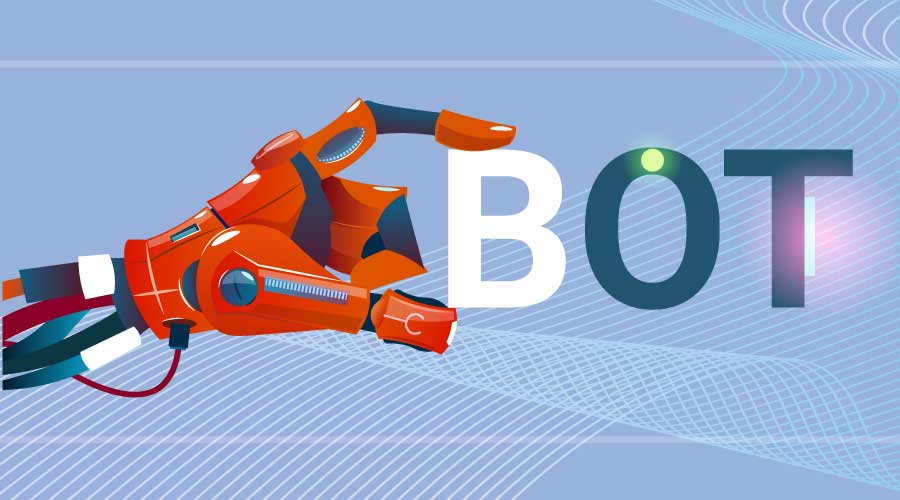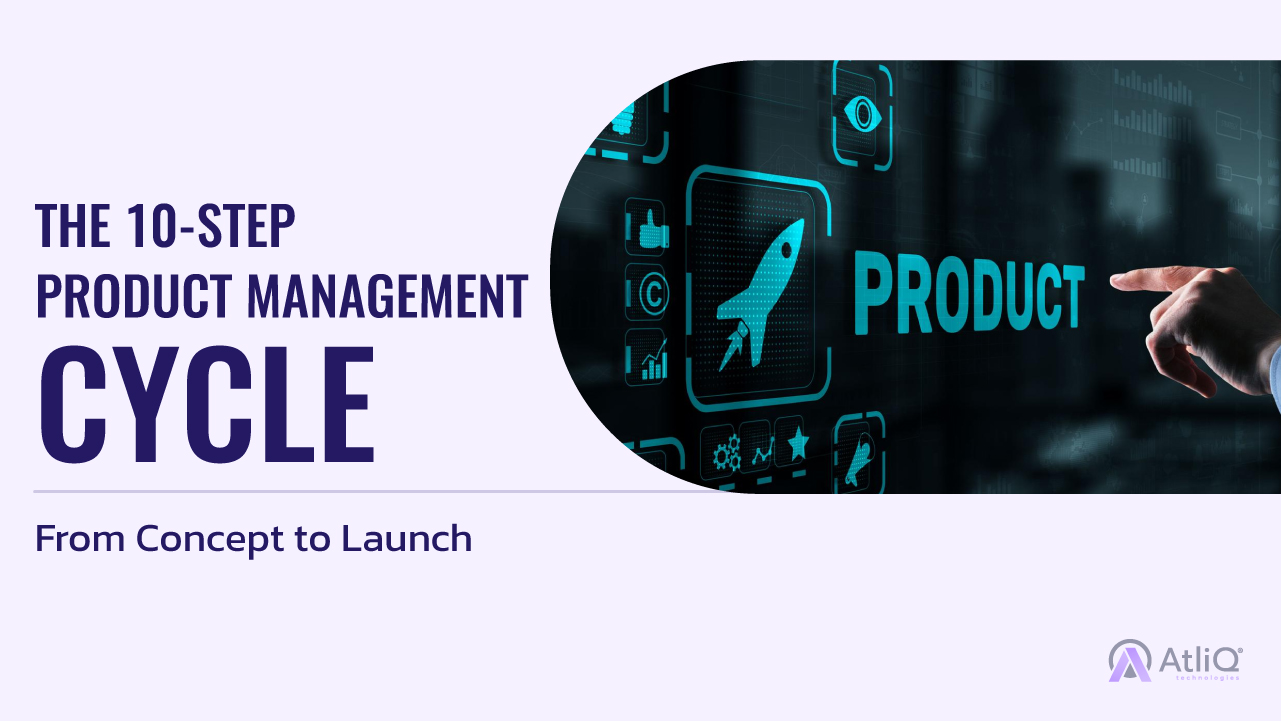What is RPA (Robotic Process Automation) all about?

What is RPA (Robotic process automation)
Employing Artificially Intelligent software robots instead of humans to perform voluminous and repeatable tasks is called Robotic Process Automation. These tasks can include heavy mathematical calculations, queries, transaction & record management, and other bookkeeping tasks.
Robotic Process Automation marks the beginning of a new era filled with innovation and technology.
It is one of the emerging forms of business process consulting technologies based on software robots and artificial intelligence. RPA has high sustainability due to the fact that it is all about automating the process, reducing human intervention, and getting the work done in a short span of time. RPA is advisable as these software bots do not sleep, hardly produce any error, and they cost very less as compared to humans.
Why do we need RPA
The robots developed through RPA have the capability to imitate most of the user actions. Basic tasks like copying the data from the source, pasting the copied data, responding to user-generated queries, and performing mathematical calculations are done in a breeze.

An organization can reap a variety of benefits by incorporating RPAs in their workflows, a few of them are:
- Enabling a better service to the customers
- Allow timely completion of all the processes
- Adopting a cost-effective methodology for manual and repetitive tasks.
- Making their employees much more productive.
- Standardizing the business processes and making them compliant with the regulations.
The procedures in RPA are really simple and productive.
It enables the creation of software bots to automate various business processes.
In addition to the traditional IT solutions, RPA allows an organization to automate decisions at a fraction of the cost of traditional methods.
RPA is highly scalable and portable with its one-time high investment cost to bear.
RPA puts productivity on repeat – with the agility and precision of these designed robots, the field of automation can prove to be really lucrative for businesses in the long run as these bots dramatically reduce operating costs.
Applications of RPA
The field of RPA can be applied to a wide range of industries:
Process automation- The back-end processing such as fetching data or monthly employee reports can be reduced with the bots as they are capable of mimicking the manual processes efficiently.
IT support and management- Some failures from the IT side can be easily tracked and managed through these designed bots.
Seamless inter-application communication- An Enterprise workflow consists of multiple technologies, which are not designed to operate with each other. Using RPA, this can be handled effortlessly.
For invoice processing, training requires finding sufficient good quality samples for the machine algorithms to read, learn, decode, and implement.
By freeing up human labor to provide additional capabilities for more strategic work, RPA creates more value with less investment.
The bots developed are smart enough to take on the work as a human.
These bots can also act as virtual human assistants and can ease the task in a well-defined manner.

As Robotic automation is bringing more technologically advanced solutions to businesses around the world with the invention of a revolutionary model that adopts process automation, these bots can improve quality as well as can cut recurring costs.
Some robotic process automation tools that are gaining high popularity these days include UiPath, Blueprism, and G1ant.
The bots were capable of implementing tasks without error providing a huge benefit for the industries working towards enhancing productivity as a whole.
The features of Quality Assurance and Product Management that these bots provide exceed the manual assurance, thus marking their presence as highly valuable in the fast-paced and growing business environment.
The data migration capacity of these bots exceeds the manual operations applied on file structures like documents, spreadsheets, or other source data files.
These bots can perform multiple tasks and auditing processes all in one place.
RPA acts like a digital stairway to intelligent automation.
RPA is non-intrusive in nature, it leverages the already existing infrastructure without causing disruption to underlying systems that would become difficult and costly/expensive to replace. With RPA, compliance is no longer an operating cost but a by-product of automation.




